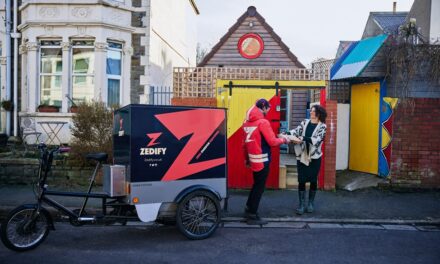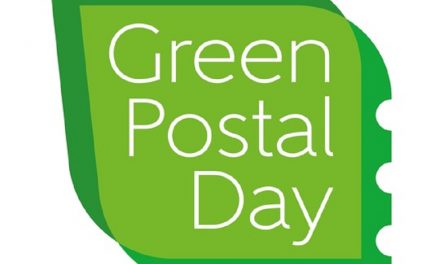
IPC’s green postal group cuts emissions by 1m tonnes
The International Post Corporation’s group of posts collaborating to bring down the environmental impact of their operations has now cut their climate change emissions by more than 1.1m tonnes. The Environmental Measurement and Monitoring System, which includes 25 postal operators, was launched back in 2009 to provide a platform for postal services to share best practice on cutting carbon emissions.
The IPC said this week that the posts have now achieved about three quarters of their target to cut emissions by 20% by 2020, compared to a 2008 baseline.
Issuing its 2012 Sustainability Report, the IPC said the year had seen “another significant improvement” on previous years, with the programme reporting a more extensive range of environmental impacts from the postal operators across the whole supply chain.
The year saw a 261,000 tonne cut in carbon dioxide emissions by the participants, about 3.5% of total emissions.
The cut brings the total achieved compared to 2008 levels to 1.187m tonnes.
Within the results, the IPC said there had been an “impressive” increase in the use of alternative-fuel vehicles by the EMMS group. Of the 527,000 vehicles in the fleets covered by the IPC sustainability programme, 17% were alternative-fuel in 2011, according to IPC, up from 10% in 2010.
During the year, two new participants joined the EMMS group – Brazil Post and the Nigerian Postal Service.
IPC said the ongoing expansion of the programme in Africa and Latin America demonstrated its capabilities for fostering collaboration between operators across both developed and developing regions to tackle a “global problem”.
Herbert-Michael Zapf, President and CEO of IPC concludes: “The impressive results reflect the continued efforts by the EMMS participants to innovate, both in terms of the efficiency of their products, services and technologies and in driving the behavioural changes needed to address the challenge of climate change. If we continue at this rate, we will reach our goal of a 20% CO2 emissions reduction by 2020 much earlier than anticipated.”
Scope
IPC said this year has seen a significant increase in the number of EMMS participants that are measuring both the emissions generated directly in their own operations and the emissions generated by their wider network of supply chain partners.
These indirect, so-called “scope 3” emissions can include quite a broad range of business activities, but the IPC and EMMS participants are mainly focusing on transport-related impacts.
Data collection is including outsourced or subcontracted road and air transport, as well as employee commuting and business travel.
Posts are partnering with their suppliers to cut emissions, such as Scandinavian operator PostNord’s partnership with air cargo contractor Amapola on air mail emissions. And, in the United States the partnership between USPS and UPS on air and ground transport services and the Postal Service’s Parcel Select last-mile delivery on behalf of UPS.












